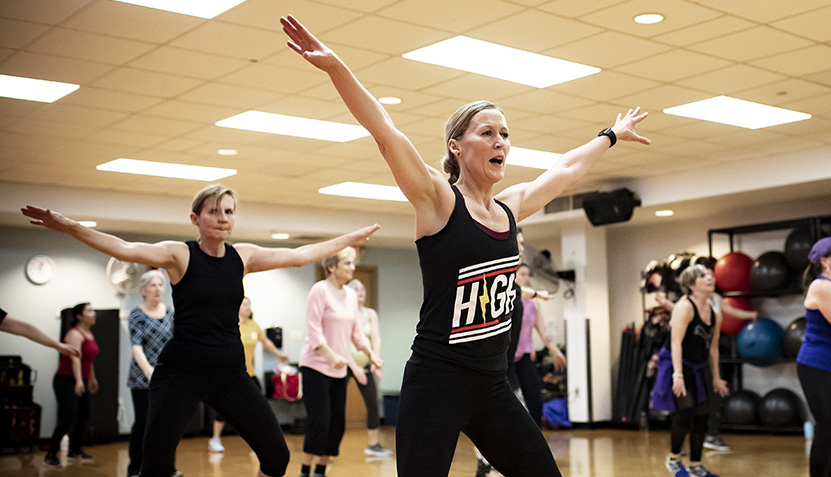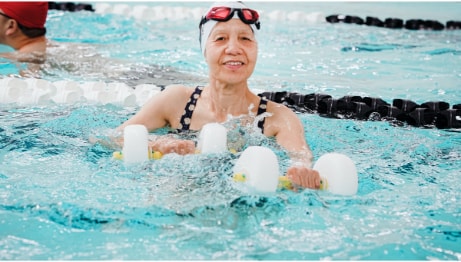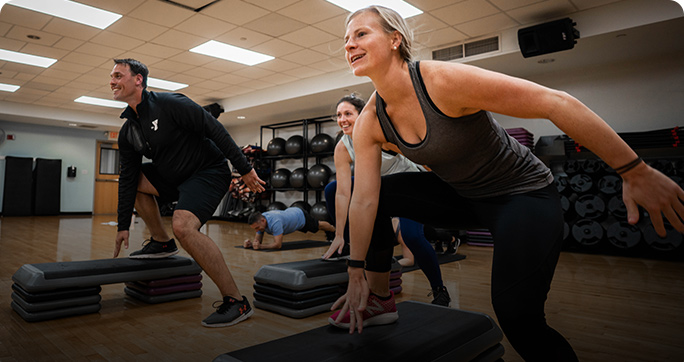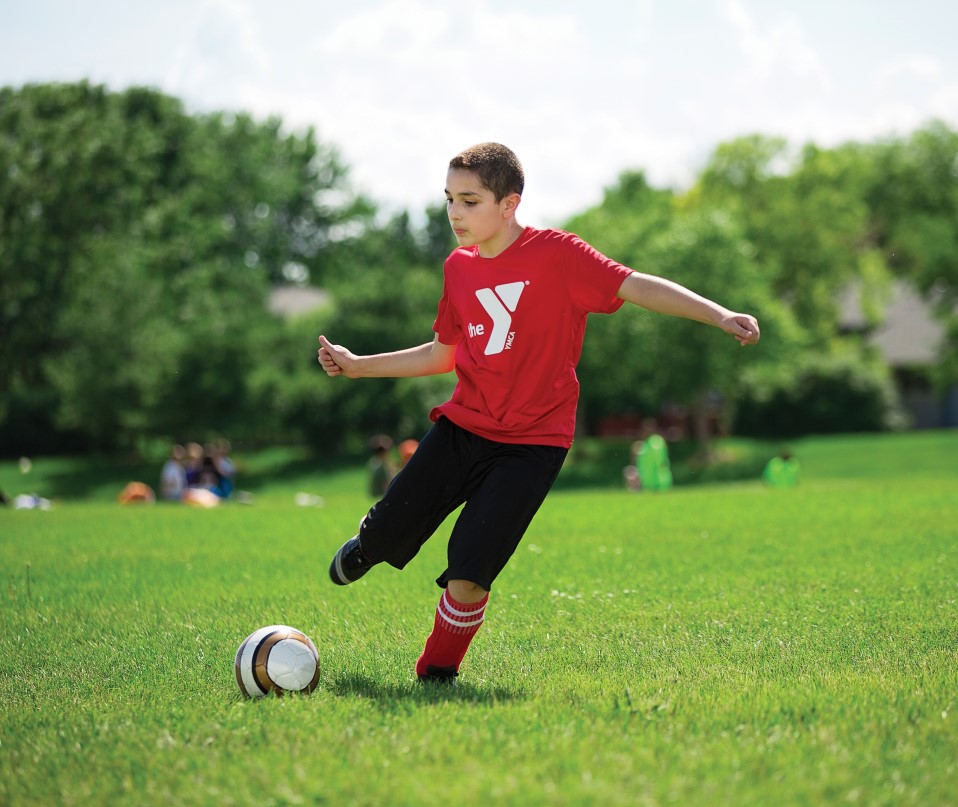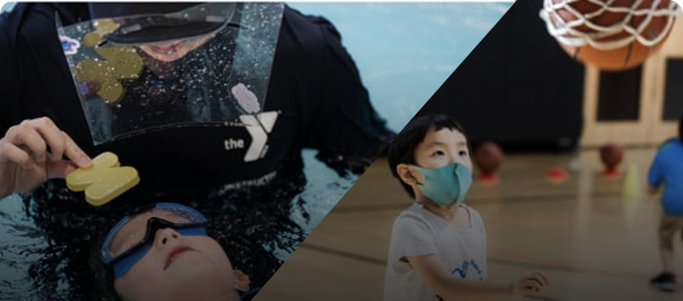
Week 6
The Role of Stress and Sleep
INSUFICIENT SLEEP AND CHRONIC STRESS BOTH SIGNIFICANTLY IMPACT WEIGHT- WHY AND HOW?
1. Leads to fatigue, which leaves you less likely to exercise or be generally active.
2. Leads to the over-production, and chronic elevation of cortisol, a stress hormone meant for “fight or flight” situations.
• Cortisol alters appetite, increasing cravings for sugary, high calorie foods.
• Cortisol reduces the ability to burn fat, as the body shifts to faster sources of energy such as glucose (sugar) and protein (breakdown of muscle).
• Cortisol increases rate of storing fat (body thinks it needs to store fat energy for constant, endless battles), and concentrates fat storage in the abdomen/belly.
Week 6
The Role of Stress and Sleep
INSUFICIENT SLEEP AND CHRONIC STRESS BOTH SIGNIFICANTLY IMPACT WEIGHT- WHY AND HOW?
1. Leads to fatigue, which leaves you less likely to exercise or be generally active.
2. Leads to the over-production, and chronic elevation of cortisol, a stress hormone meant for “fight or flight” situations.
• Cortisol alters appetite, increasing cravings for sugary, high calorie foods.
• Cortisol reduces the ability to burn fat, as the body shifts to faster sources of energy such as glucose (sugar) and protein (breakdown of muscle).
• Cortisol increases rate of storing fat (body thinks it needs to store fat energy for constant, endless battles), and concentrates fat storage in the abdomen/belly.
IMPROVING YOUR SLEEP QUALITY AND DURATION, AND LEARNING TO MANAGE STRESS CAN HELP REDUCE CORISOL AND MITIGATE ITS IMPACT ON YOUR HEALTH.
How much, and what type of sleep is needed?
• Adults need 7-9 hours/night.
• There are 4 stages of sleep. All stages are important, however deep sleep (also known as REM sleep – REM stand for Rapid Eye Movement) is the most essential for feeling rested and staying healthy.
• The average healthy adult should get about 1 to 2 hours of deep sleep per 8 hours of nightly sleep.
• Sleep hygiene, which refers to your sleep environment and sleep-related habits (see below), is key to having a healthy sleep cycle.
• Implementing these practices will help you move through all 4 stages to get the deep sleep you need for optimal health and functioning.
Implement Key Practices to Improve Your Sleep
• Make getting enough sleep a priority. Schedule for it and stick to it.
• Address snoring, either for yourself or with your partner. Snoring may indicate sleep apnea, which has been clearly linked to heart disease, stroke and obesity.
• Stick to the same or similar bedtime and wake time every day, even on weekends.
• Allow time to wind down: read (avoid screens, or put in “night mode” if available), go for a walk, listening to music or a take a warm bath or shower.
• Plan your eating to support sleep: eat your last meal 2-3 hours before bedtime, avoid sugary or refined/processed snacks. If you need a snack, choose something with healthy fat, protein or high in fiber, avoid alcohol in the evening as it disrupts sleep.
• Exercise during the day.
• Make your sleep space most conducive to sleep: Cool temperature, dark, reasonably tidy, free of allergens such as dust or pets, consider a white noise machine or fan.

Stress is the condition or feeling experienced when a person perceives that physical, mental or emotional demands exceed what he or she is currently able to manage. The stress response is the physiological emergency reaction system of the body, and is there to keep you safe in emergencies. There are two types of stress:
ACUTE STRESS
Acute stress, also known as the fight or flight response, occurs in response to an imminent threat or event.
• Generally necessary and beneficial.
• The body secretes hormones (adrenaline and cortisol) that cause heart rate, blood pressure, blood sugar and breathing rate to increase, and muscles to tighten to meet the challenge.
• When the event has passed these markers of stress quickly return back to normal levels, which is known as the relaxation phase.
CHRONIC STRESS
Chronic stress occurs when the perceived challenge, threat or emergency never fully subsides.
• The body remains in a heightened state of reaction with no real relaxation phase.
• This creates a new normal inside your body that requires it to have to constantly work harder to keep you functioning.
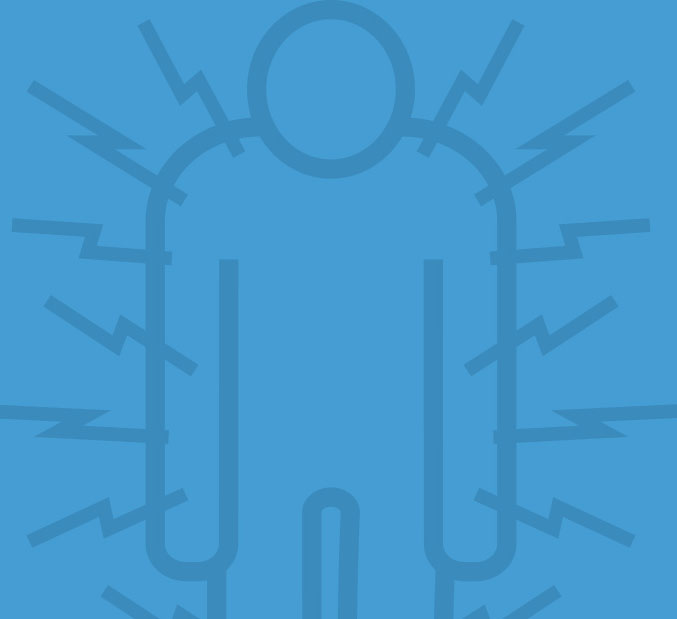
The problem with chronic stress
Chronic stress causes a sustained over-production of cortisol. Chronically elevated cortisol causes the immune system to produce levels of inflammation that promote disease. Over time, continued strain on your body from inflammation as well as continually elevated heart rate, blood pressure and blood sugar can contribute to serious health problems, such as obesity, heart disease, high blood pressure, diabetes, and other illnesses, including mental health disorders such as depression or anxiety.
Stressors vs stress
Stressors are events or conditions in your life or surroundings that trigger stress. You may not be able to immediately relieve the stressores, but you can take steps daily to relieve the sensation of stress in your body, and mitigate its long term impacts.
Science backed ways to reduce stress
• The key factor in managing stress for better health is to pay frequent attention to your body and mind (mindfulness), notice signs of stress response (physical, mental or emotional tension, elevated heart rate, fast shallow breathing, etc)
• Take steps to interrupt that stress response by evoking a relaxation response. Doing this will go a long way towards reducing cortisol and other stress hormone levels, and thus inflammation, and will greatly reduce the strain on the body.
Options range from just a couple of minutes to longer activities and practices. Incorporate ones that are enjoyable and effective for you.
• Exercise: 20 minutes of moderate to vigorous intensity usually causes a relaxation response after.
• Practice deep breathing: This can be done anywhere. Breathe in for a count of 4, hold, then exhale for a count of 7 or 8. Rest, then repeat. Aim for 5-20 minutes.
• Do something creative that leads you to focus on it, such as art, music, or other hobby.
• Be outside in nature and practice being present and aware of what is around you.
• Try yoga or meditation.
• Carve out time to truly relax and do nothing but breathe, and clear your mind.

